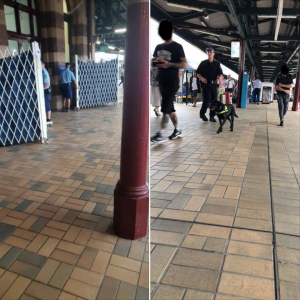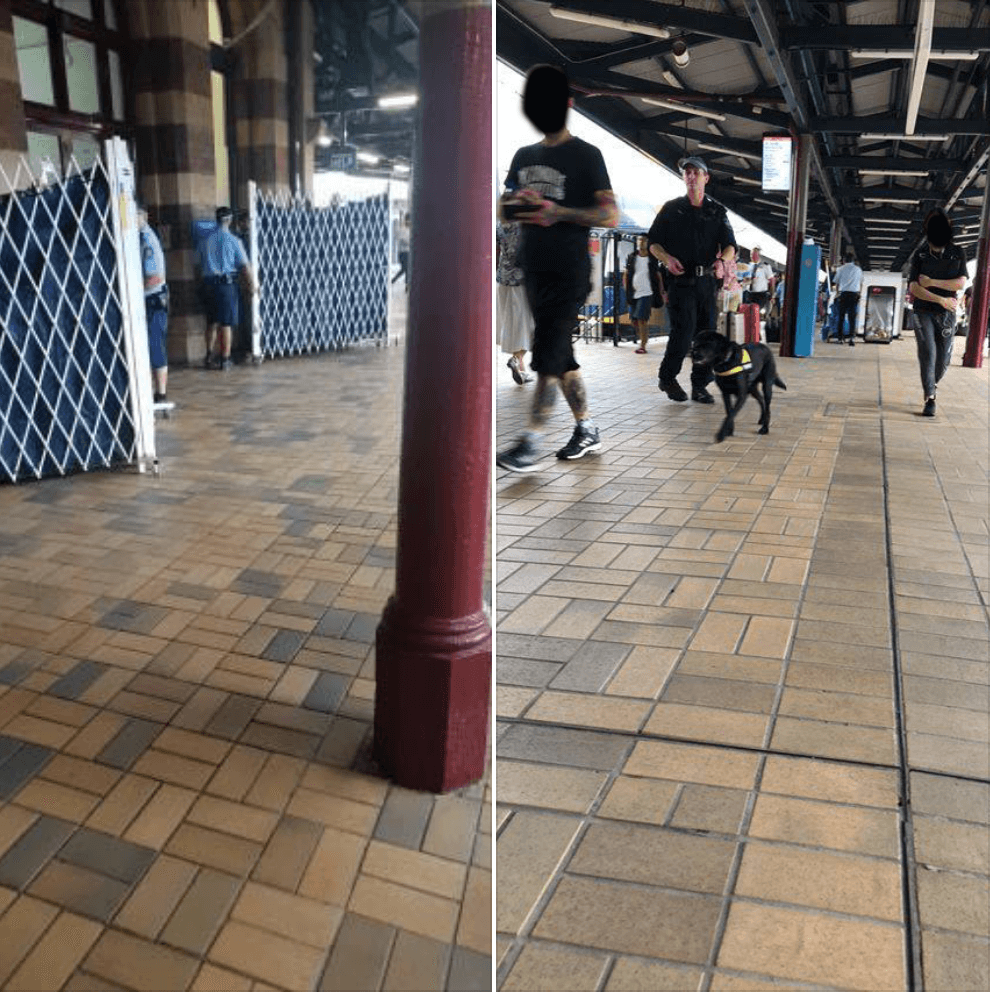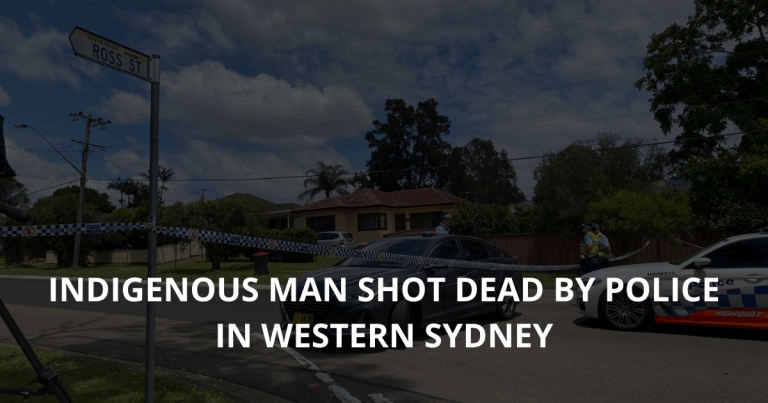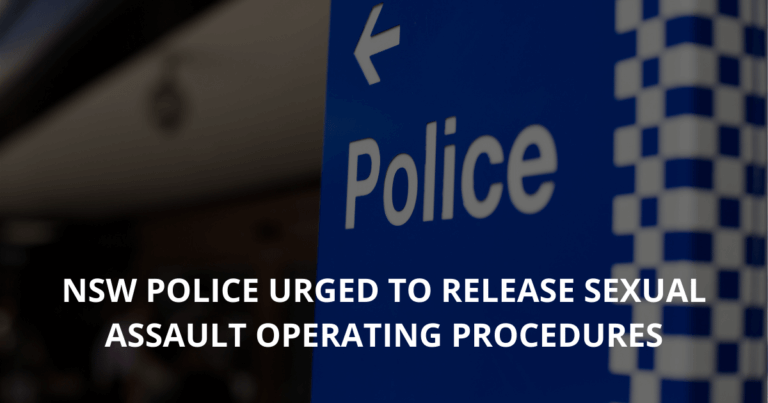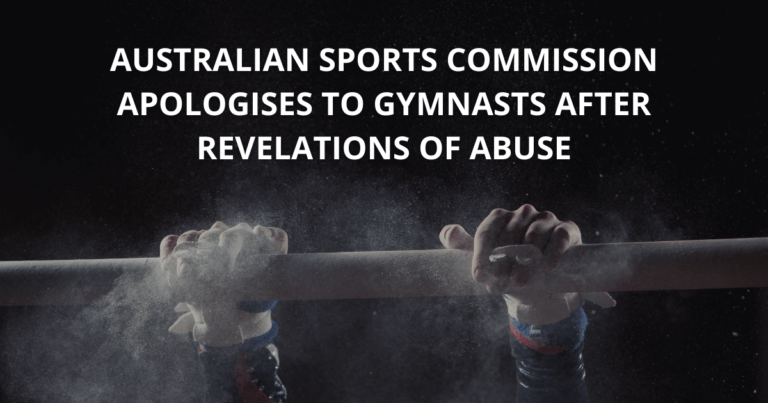The prevalence of unlawful strip-searches conducted by NSW police is an absolute disgrace.
A recent UNSW Law School report has revealed 91% of strip searches were conducted by police who suspected a person of drug possession. Under the law, police can only conduct a strip search if they believe there are serious and urgent grounds to do so. It is a last resort. However, the report, commissioned by Redfern Legal Centre, suggests police are not always meeting the legal criteria for strip-searches. New South Wales Courts have also found that police are not turning their minds to the legal requirements for conducting a strip-search.
O’Brien Criminal and Civil Solicitors have represented many clients who have been subjected to unlawful strip-searches. In the past 20 years, Peter O’Brien and his lawyers have successfully sued police agents all over Australia for false imprisonment, assault, and battery arising from unlawful strip-searches. We are committed to representing individuals who have been unlawfully strip-searched, and continue to advocate for their privacy, dignity, and integrity.
Strip searches a subject of UNSW Law School Report
The report, titled ‘Rethinking Strip Searches by NSW Police’, has identified a number of system problems with police practice in New South Wales. The invasive practice of ordering a person to remove their clothes appears to have morphed into a general search procedure.
According to the report, the number of field strip searches in the state jumped to 5483 in 2017-18, from just 277 between December 2005 and November 2006. This is almost a 20-fold-increase in the number of strip-searches in the past 12 years. The report also revealed 30% of all strip searches resulted in a criminal charge in 2017-2018.
Additionally, the report revealed almost 82% of all charges arising from strip searches are for offences of drug possession. 16.5% of all charges arising from strip-searches resulted in charges of drug supply. Less than 1.5% of charges arising from strip searches result in charges of possession/use of an unauthorised weapon.
Young Avid Festival-Reveller Strip-Searched Six Times
Crystal Smithers, a 21-year-old avid festival reveller, had been strip-searched a total of six times by police, as reported by the ABC. One time, Ms Smithers was made to strip naked, squat and cough, all while she was on her period. No drugs have ever been found on her, but the whole experience made her feel humiliated and embarrassed. Disturbingly, Ms Smithers’ story is only one of many strip-search cases.
Strip Search reform recommendations
The report has also provided 12 recommendations on how the strip-search laws in NSW could be improved. These included:
- the law must be clearer on what a strip-search is and where it should be conducted,
- examples of private places should be clearly specified,
- and accountability, record-keeping and external review.
Earlier this year, Redfern Legal Centre vowed these recommendations would be used to lobby politicians to change the search laws that are causing harm to members of the community. It is hoped the harm rate in our communities will be minimised and that every person’s dignity and privacy is preserved.
